The national movement which led to the outbreak of the war for Greek independence in 1821 has a particular interest. It was the first to develop outside Western Christendom and in a Muslim state. The Greeks were the first of the peoples of the Balkan peninsula to establish a sovereign state, an example which was followed by the other peoples of the region during the next ninety years. The talk will look at the reasons for this precocity and, in particular, at the role of the pre-independence Greek diaspora that had emerged in central and western Europe, southern Russia and the Mediterranean in the development of the national movement. Greek merchants had in effect established a commercial empire before Greece had gained its independence. The Philiki Etairia, the secret revolutionary society which laid the organizational groundwork for the uprising, was founded in Odessa by three petty merchants. Few of the wealthier merchants played any role in its activities. But they did have an indirect role in developing a national consciousness by enabling young Greeks to study in European universities, where they became aware of the almost universal admiration for the civilization of ancient Greece that existed in educated circles. Some founded schools back in the Greek homeland and subsidized the printing of books. Few observers in 1821 expected the uprising to succeed, but the insurgents, by holding out long enough for the Great Powers to feel obliged to intervene against the Ottoman Empire, eventually met with success in establishing an independent state.
Back to All Events
Earlier Event: January 31
Aivali: A Story of Greeks and Turks in 1922 with Soloup

